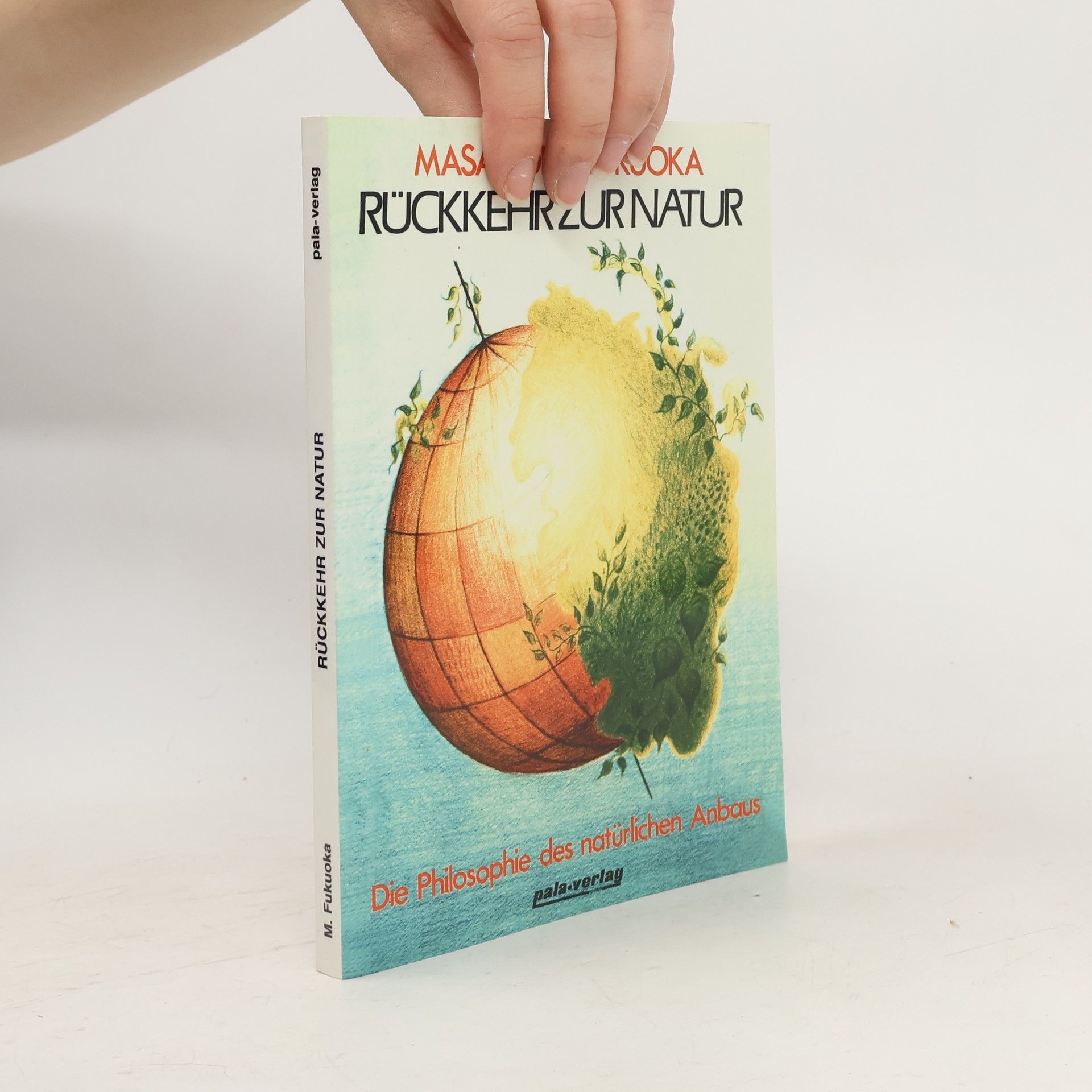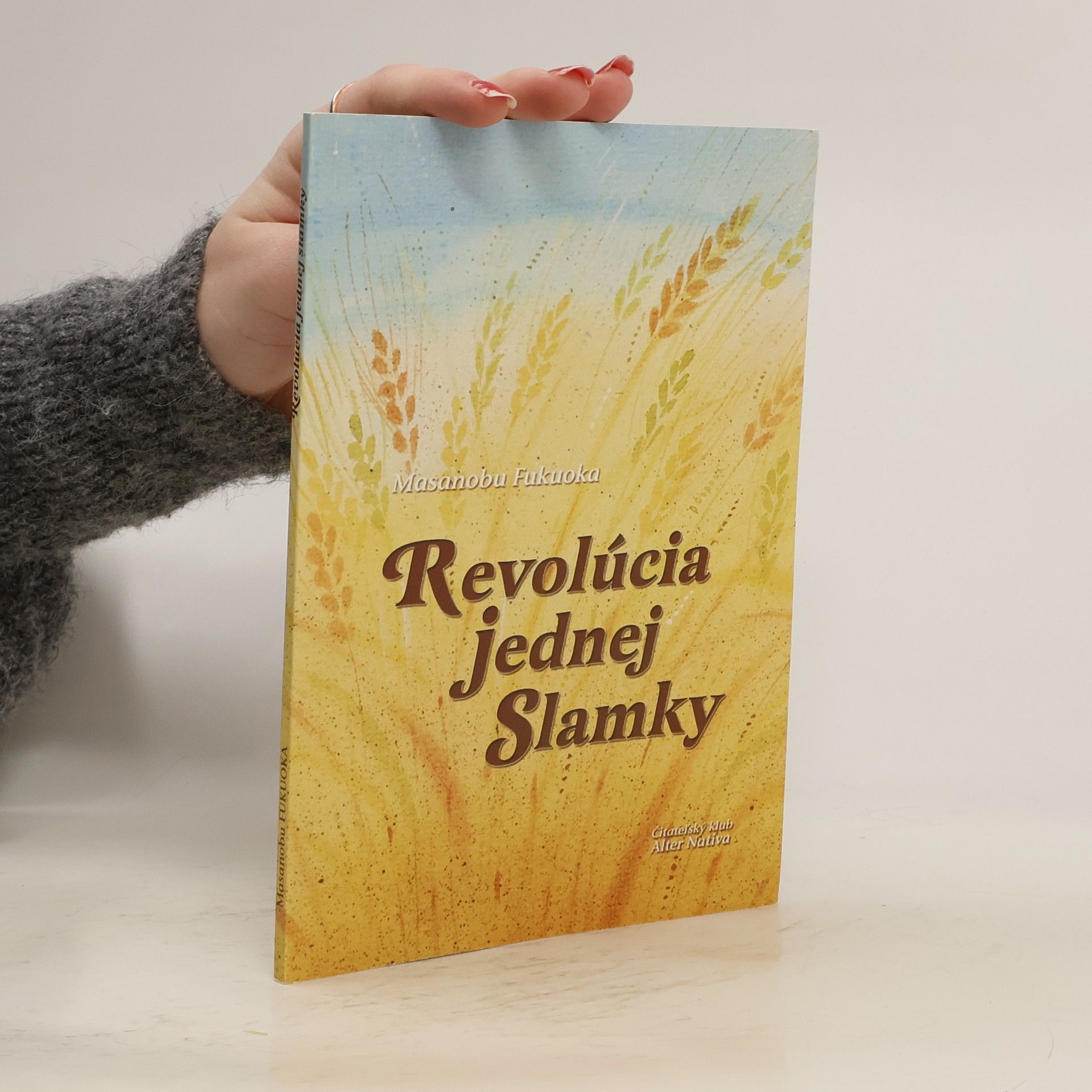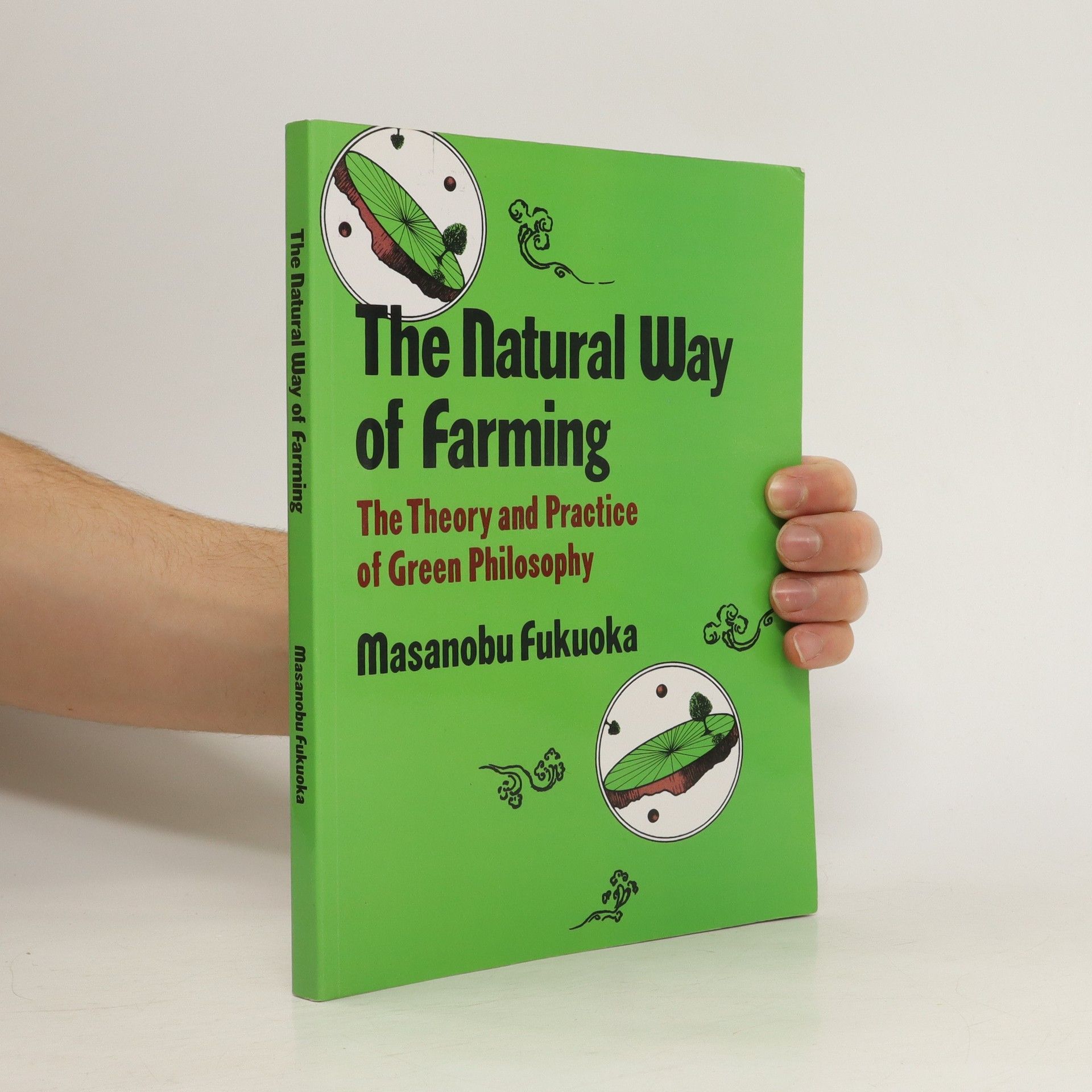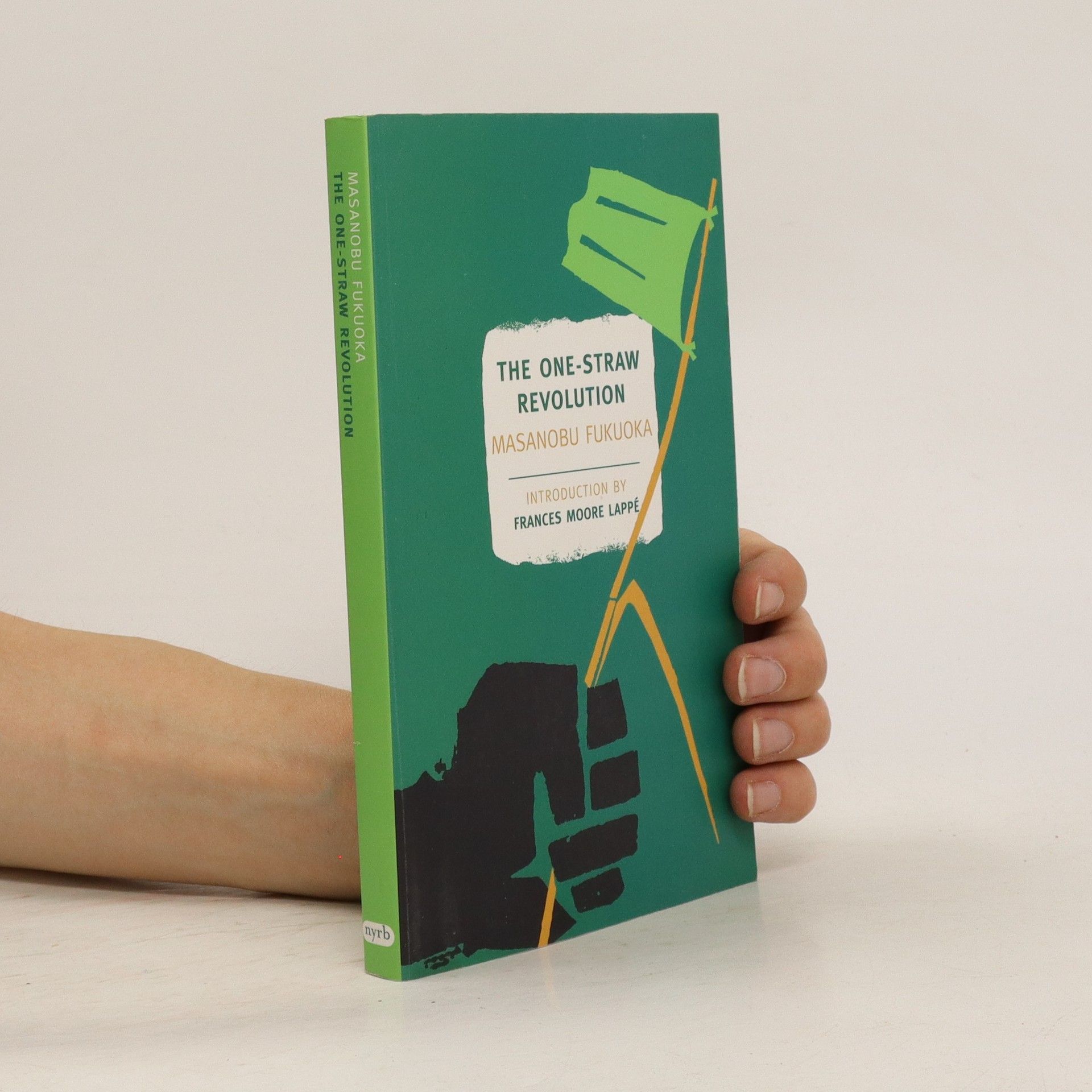Sowing Seeds in the Desert
- 216bladzijden
- 8 uur lezen
Translated into English and adapted from the book originally published in Japanese in 1996 by Shou Shin Sha, Japan, as The Ultimatum of God, Nature.
Gedreven door een diepe persoonlijke verlichting, verliet Masanobu Fukuoka zijn carrière als bodemwetenschapper om terug te keren naar de boerderij van zijn familie en zijn visie op eenheid met de natuur te belichamen. Hij ontwikkelde de revolutionaire 'nietsdoen'-landbouwmethode, waarmee hij opmerkelijke oogsten behaalde zonder bodembewerking, chemicaliën of pesticiden. Fukuoka geloofde dat de pogingen van de mensheid om de natuur te beheersen zinloos en zelfdestructief waren. Zijn levenswerk, met name 'De revolutie van één st single halm', heeft het wereldwijde bewustzijn diepgaand beïnvloed en pleit voor een terugkeer naar natuurlijke harmonie.







Translated into English and adapted from the book originally published in Japanese in 1996 by Shou Shin Sha, Japan, as The Ultimatum of God, Nature.
Call it “Zen and the Art of Farming” or a “Little Green Book,” Masanobu Fukuoka’s manifesto about farming, eating, and the limits of human knowledge presents a radical challenge to the global systems we rely on for our food. At the same time, it is a spiritual memoir of a man whose innovative system of cultivating the earth reflects a deep faith in the wholeness and balance of the natural world. As Wendell Berry writes in his preface, the book “is valuable to us because it is at once practical and philosophical. It is an inspiring, necessary book about agriculture because it is not just about agriculture.” Trained as a scientist, Fukuoka rejected both modern agribusiness and centuries of agricultural practice, deciding instead that the best forms of cultivation mirror nature’s own laws. Over the next three decades he perfected his so-called “do-nothing” technique: commonsense, sustainable practices that all but eliminate the use of pesticides, fertilizer, tillage, and perhaps most significantly, wasteful effort. Whether you’re a guerrilla gardener or a kitchen gardener, dedicated to slow food or simply looking to live a healthier life, you will find something here—you may even be moved to start a revolution of your own.
...A natural way of farming that renounces all human knowledge and intervention. - preface.
In twenty short books, Penguin brings you the classics of the environmental movement.In The Dragonfly Will Be the Messiah , the celebrated pioneer of the 'do-nothing' farming method reflects on global ecological trauma and argues that we must radically transform our understanding of both nature and ourselves in order to have any chance of healing.Over the past 75 years, a new canon has emerged. As life on Earth has become irrevocably altered by humans, visionary thinkers around the world have raised their voices to defend the planet, and affirm our place at the heart of its restoration. Their words have endured through the decades, becoming the classics of a movement. Together, these books show the richness of environmental thought, and point the way to a fairer, saner, greener world.
Masanobu Fukuoka v knihe The One-Straw Revolution vysvetľuje, ako by sa jedna z najpriemyselnejších krajín sveta, Japonsko, mohla v istom zmysle vrátiť k prvotnému poľnohospodárstvu. Fukuokov prístup je z hľadiska hlbokej ekológie veľmi užitočný, pretože rozoberá metafyzické a epistemologické predpoklady poľnohospodárstva v technokraticko-priemyselnej spoločnosti a predkladá niektoré alternatívne návrhy.
In seinem Hauptwerk beschäftigt sich Masanobu Fukuoka mit der Philosophie des natürlichen Anbaus. Er setzt sich mit der bestehenden industriellen und organischen Landwirtschaft auseinander und präsentiert einen neuen Ansatz, basierend auf dem buddhistischen Prinzip des »Nichts-Tuns«.
Nahrung Anbau Leben
'Der Große Weg hat kein Tor' ist ein Grundlagenwerk alternativen Lebens und der alternativen Ernährungsbewegung. Es inspiriert Menschen weltweit, neue Wege zu gehen. Eine Erfolgsstory des Bio-Landbaus - und noch viel mehr: Für Masanobu Fukuoka war der vernünftige Umgang mit dem Boden ein Schritt zur Versöhnung des Menschen mit sich selbst und seiner Umgebung. 'Der Große Weg hat kein Tor' wurde in mehr als 25 Sprachen übersetzt. 1983 erschien die deutsche Fassung erstmals im pala-verlag. Das Buch vermittelt sowohl Einblicke in Fukuokas Weltsicht als auch in die Methoden seiner natürlichen Landwirtschaft. Unser Umgang mit Lebensmitteln, Ernährung und die Grenzen menschlichen Wissens sind weitere Themen. Wenn wir die Art und Weise ändern, in der wir unsere Nahrung anbauen, ändern wir unsere Nahrung, ändern wir unsere Werte. Und so handelt dieses Buch davon, auf Zusammenhänge, Ursachen und Wirkungen zu achten und nach eigenem Wissen Verantwortung zu übernehmen: ein Buch über Landwirtschaft, das gerade deshalb so bedeutend ist, weil es eben nicht nur von Landwirtschaft handelt.